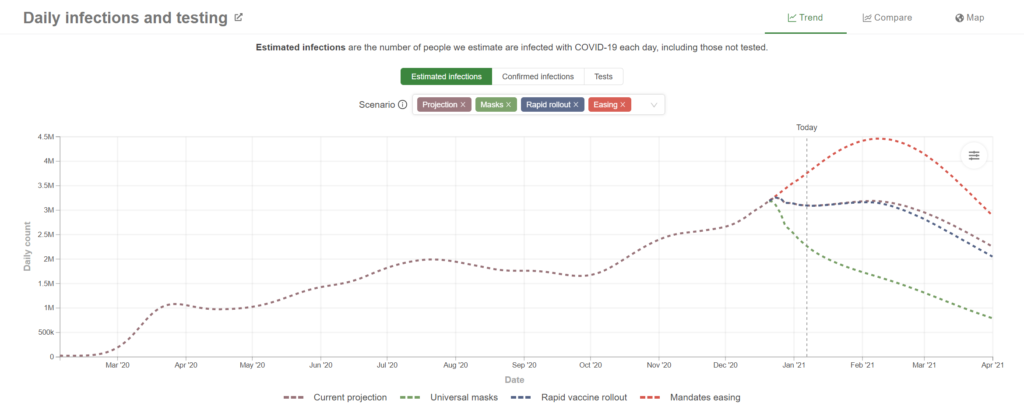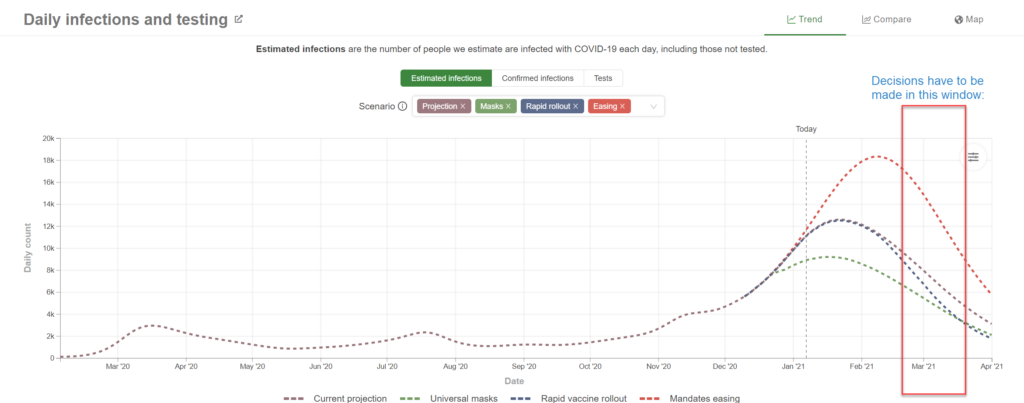I’ve written previously about the Class of 2021, a unique cohort that’s had to adapt the most important moment of their young lives to totally new conditions. They’ve had little normalcy, nor semblances of junior and senior year as most of us know it. I’ve got a son in the high school Class of 2021, and his and his peers’ lives have been upended in so many ways, from leadership and work opportunities to social gatherings, budding romances and more.
It’s January 2021. As the pandemic rages on, what will high school and college graduations look like in June?
Right now, despite the national mood, I’m cautiously optimistic.
I think there’s a decent chance that America’s high schools and college will have hybrid ceremonies involving both in-person events and remotely-viewable events. But to attend in person, based upon state and city, it might require proof of vaccination to participate.
Reasons that have me optimistic for at least some form of outdoor graduation ceremony in large parts of the country:
- Multiple vaccines are now out, and though they’re running into problems in deployment, I think by June we should be on a roll.
- We have three vaccines that should be at full production by early March.
- Seasonal charts tend to indicate a subsiding of massive waves in June.
- There’s increasing evidence that outdoor, open-air gatherings are less often a source of transmission. I don’t think large indoor ceremonies will take place. Advice to event planners — get those tent reservations in soon!
Whether in-person May or June ceremonies will exist largely depends upon the case counts in the city and county around March and April.
While it’s hard to look at the projections by IHME and get super-optimistic, I do think they show that by early March, we should be in the infection-rate decline phase. Here’s the global projection:

IHME lets you type in your state to see how it varies. For instance, here’s the projection for Washington State, where I live. It leaves me optimistic about in-person ceremonies:

For most high schools and colleges, it’s a reasonably estimate to say that logistical planning will have to be finalized by about April 15th, and that the general tenor and sense of optimism in March will be quite directionally important to administrators.
Of course, actions you can take to help the odds improve include following the guidelines of your school, city, county and state.
Permit me to close with one suggestion — if you’re looking for a way, cancellation or in-person, to celebrate these wonderful members of the Class of 2021, please consider making them a special video. I’ve created a site to make this really easy, gathering kudos from friends and family:

